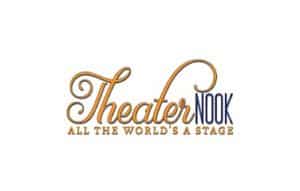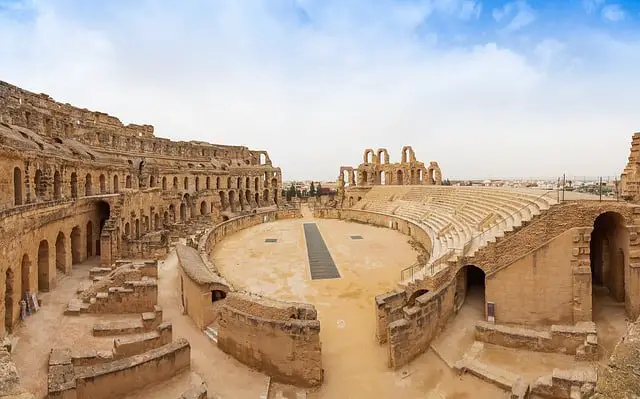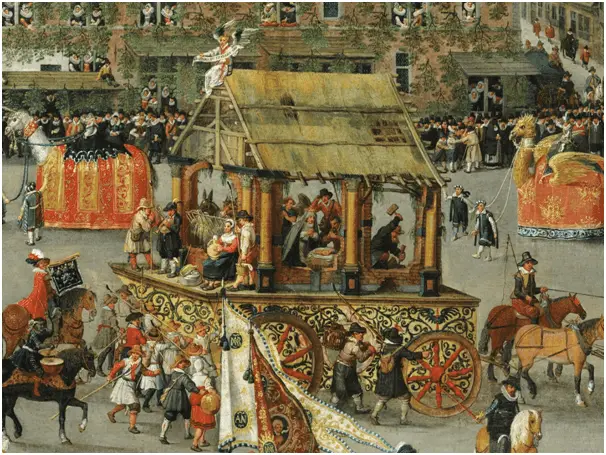It can often times get somewhat confusing when describing the differences between drama and theater. In general terms Drama often refers to the written, intellectual and or emotional context of a situation, which is intended for an audience. Theater refers to the overall spectacle of the drama, that being how a drama is staged, showcased and performed.
What is Drama?
Drama derives from the Greek word ‘Drao’ which means action or to do. Drama seeks to provide a writer a link to his or her audience whereby their works read, interacted with an interpreted. Drama can refer not only to the written word, but also interpretive modes, such as mime, dramatic dance where dancers have a narrative to follow, but also singing such as Opera, Ballet and Musical Theater.

Often in Drama we explore plot structure, exposition, rising action, conflict, climax, and denouement. We study the protagonist and antagonist, the theme and the lessons learned. We study the concept of a classic heroic character and their sidekick counterparts. This can purely be an intellectual pursuit, or even a full on production dependent on the objectives of the interpreter.
It seems that even the great Greek philosopher Aristotle after seeing a dramatic play, developed his six elements for drama in the following ways which can be gleaned from his book Poetics.
- Plot
- Character
- Theme (some translators prefer “thought”)
- Diction
- Music
- Spectacle

Aristotle
This list seems simple, but it is quite informative when you consider that they are written, according to Aristotle himself, in order of importance! The plot is paramount, while spectacle is something we could do without.
Often times a Drama is intended for reading where the audience interprets their ideas about the work. For example in ancient times, drama was often read to an audience, in which the audience had to derive their own understanding.
In more modern times dramatic plays are written to portray a storyline or plot, which is reenacted out by a performance or capstone.
Modern Interpretation of Drama as a Genre
Drama is also considered an actual dramatic genre, that being it is not quite comedy in nature, nor is it necessarily tragic. Many television series and films are considered dramatic in nature. For example; The movie The Godfather, Shawshank Redemption and One Flew Over the Cuckoo’s Nest are considered great dramas.
The filmsite.org considers dramatic movies as: …are serious presentations or stories with settings or life situations that portray realistic characters in conflict with either themselves, others, or forces of nature. A dramatic film shows us human beings at their best, their worst, and everything in-between.
What is Theater?
Theater in its rudimentary term means the physical building, or the house of performance or even a place for the spectacle to take place. It is where the action of a dramatic written or otherwise concept is realised.

Municipal Theatre in Napier, New Zealand
The Cambridge Dictionary refers it as: a building, room, or outside structure with rows of seats, each row usually higher than the one in front, from which people can watch a performance, a movie, or another activity.
Theater is the house, space or place where drama operates within.
Theater is where stage business takes place, where discipline, protocols, staging, crew, cast and creativity come together to produce an end product, that being a production of a given genre. It is where having an audience is pivotal to the genre because without an audience you will just have drama. The audience brings the drama alive.
Types of Theatre
There are many different examples of theater or theatrical houses. From the Ancient Greeks and Romans we have the amphitheatre, where citizens would sit in the open spaces to watch Tragedy, Comedy and Satyr Plays.
In Medieval times Europe had moveable stages usually utilized in liturgical plays. Through today with the more traditional and modern theatres such as the Proscenium Arch theater, the thrust theater, and Flexible theaters to name a few.
The following blog explains the differences between the various types of theatrical spaces and stages that we have had over the years to today. Check out my other blog post here.
In a nutshell: Drama is often in structural form where certain elements of a narrative in terms of human experiences are embedded within the creative entity. Theatre is the physical construct where dramatic narratives are produced and performed.



